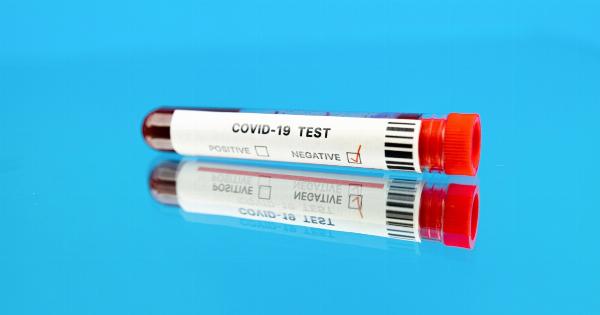The Middle East Respiratory Syndrome (MERS) outbreak in South Korea has claimed the lives of at least 14 people, with seven new cases being reported on a daily basis.
The outbreak has created panic and fear among the residents of South Korea, where the government has declared a national emergency.
What is MERS?
First identified in Saudi Arabia in 2012, MERS is a viral respiratory illness caused by a strain of coronavirus. It is similar to the severe acute respiratory syndrome (SARS) virus, which caused a global outbreak in 2003, with a mortality rate of 11%.
Symptoms
The symptoms of MERS include fever, coughing, and shortness of breath. In severe cases, the virus can lead to respiratory failure and organ failure.
The virus is spread through contact with infected people or animals, and through contact with contaminated objects or surfaces.
Outbreak in South Korea
The outbreak in South Korea has been traced back to a 68-year-old man who contracted the virus during a trip to the Middle East. He returned to South Korea on May 4, 2015, and was not diagnosed until May 20, 2015.
By that time, he had already infected others, including healthcare workers, who had contact with him.
The swift spread of the virus was also due to the fact that the man visited several hospitals before being diagnosed. This led to the quarantining of over 1,000 people, including patients and workers in the hospitals he visited, and his family members.
The South Korean government has also closed down a number of schools and universities as a preventive measure.
Precautionary Measures
The South Korean government has been quick to enforce precautionary measures, including the closure of schools and universities, and the disinfection of public areas.
Healthcare workers are required to wear protective clothing, and those who show symptoms of the virus are immediately quarantined. The government has also advised people to take precautions, including washing hands regularly and covering their mouths and noses when coughing or sneezing.
The Economic Impact
The MERS outbreak has had a significant impact on the South Korean economy. There has been a decrease in tourists visiting the country, and many businesses have closed due to fears of the virus spreading.
The government has announced a stimulus package of $13.5 billion to counter the economic effects of the outbreak.
The Global Response
The MERS outbreak in South Korea has prompted a global response. The World Health Organization (WHO) has issued warnings to all countries to be vigilant and to take precautions.
Other countries, including China, Japan, and the United States, have advised their citizens to avoid non-essential travel to South Korea. The United States has also pledged to provide assistance to South Korea in controlling the outbreak.
Conclusion
Despite the efforts of the South Korean government, the MERS outbreak is still not under control. The situation is still evolving, and it is important for countries to work together to prevent the virus from spreading.
The outbreak is a reminder of the need for timely and effective response to global health threats.



























